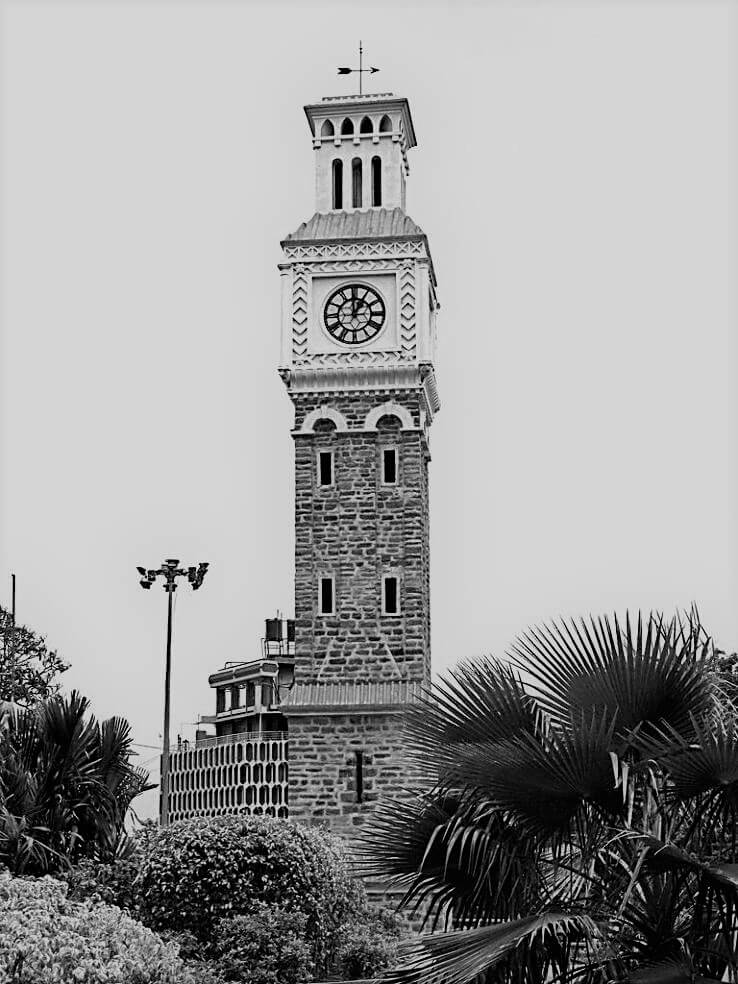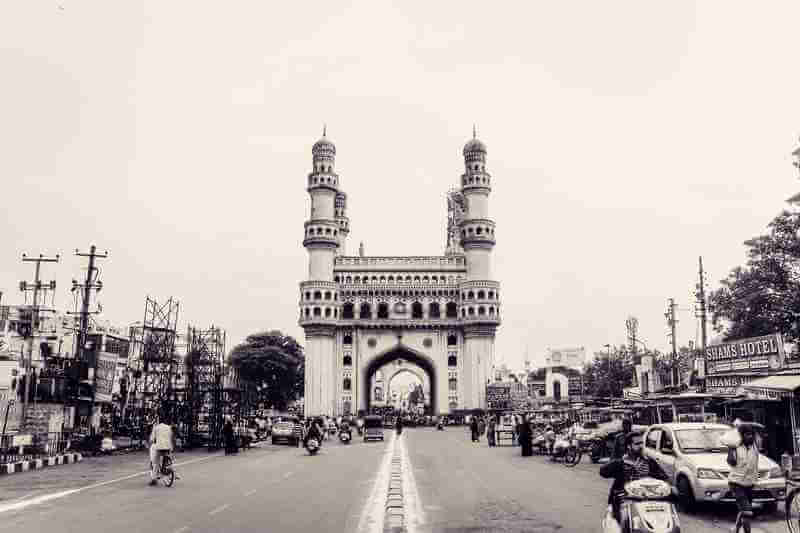Reading Time: 4 minutes
Dr. Roopali walks down the memory lane to her childhood. In the first part, she recalls her parental home at Hyderabad and her army officer father’s stay in Delhi, with people, place and food. An exclusive for Different Truths.

When my parents Niharika and Naren decided to build a house and live in Hyderabad they had to constantly defend their choice.
It seemed strange to many that they should choose faraway South India for a future retirement life. Language and food habits, Father’s Punjabi friends felt would isolate a gregarious man like him. It would be a big hurdle.
But for Father, himself a “Thambi”, this was the best choice.
Now, what you may ask is a “Thambi”?
Now, what you may ask is a “Thambi”?
Well, it is the same as Khokon in Bangla or Munda in Punjabi. Lad in English, or Keta in Nepali. That’s Thambi in Tamil!
A Thambi
Father was commissioned into the 2nd Madras Regiment, and automatically became a Thambi. That is what soldiers and officers of the Madras Regiment are called. South India was no stranger to him. For the North Indians every place and person south of the Vindhyas was “Madrassi.” This has since changed.
Hyderabad and its twin city Secunderabad with their distinct Muslim and Hindu cultures thus became home to us.
Hyderabad and its twin city Secunderabad with their distinct Muslim and Hindu cultures thus became home to us. Father’s detractors heard him say, “I will enjoy the twin cultures. When I feel like it, I will wear a sherwani and eat dum pukht gosht biryani. And on other days I can wear a dhoti and kurta and enjoy wonderful vegetarian cuisine.”
Our official vehicle of communication became an interesting somewhat hilarious blend of Urdu and Hindi with Telugu intonation. And that didn’t pose a problem at all. Any differences were promptly erased by the language of the heart and the aroma of mouthwatering food.

Brick by Brick
So, my parents built their home literally brick by brick. Father even had to sell his beloved maroon Ford. It was a distress sale, and we were very sad. The new owners drove off triumphantly handing us brick money.
The revelers who had bought our beloved Ford were now having a hard time pushing it!
The next day, my sister and I hid behind an electric pole stuffing our fists into our giggly mouths. The revelers who had bought our beloved Ford were now having a hard time pushing it! That night, I slept like a log, as they say.
A year later, after the house had been built, we left for Father’s new posting to New Delhi. Mother, a compulsive gardener, decided to plant fruit and flower bearing trees before leaving. “When dad hangs up his spurs” she said, “there will be flowers and fruits waiting to welcome us home.”
Saplings Sowed
So, into the earth went saplings of four coconut trees, two lemon trees, one May Flower tree called Gulmohar in Hindi and Krishno-churo in Bangla.
A bok phool tree was specially imported from Calcutta.
A bok phool tree was specially imported from Calcutta. The bok pool, she explained, has flowers looking like cranes. The flower fritters, they say, are of divine taste!
New Delhi was a tourist’s paradise, and our home turned into a helipad. Relatives of relatives began to send us their Pujo holiday travel schedule. Handwritten postcards arrived from Howrah, Sealdah, Dum Dum and Guwahati. Here they came bound for Haridwar, Rishikesh, Mussouri, Kathmandu, Red Fort, Raj Ghat, Taj Mahal etcetera, etcetera! Some folks even took for “Shreenogor” in Kashmir!
Delhi’s Winter
Winter in Delhi had us needing quilts, and there never was enough. There weren’t enough cots either. Our government accommodation in Chanakyapuri turned into a railway platform.
But Secunderabad in our future was going to be balmy and warm.
But Secunderabad in our future was going to be balmy and warm. There was no need to buy more blankets and quilts. The warm sunny south awaited us. But for now, we shivered, shared, and cursed. Household expenses were mounting.
Father returned to his home in “The Sunny South” without mother. The river Ganges had claimed her young. We girls blamed it on the tourist hordes who had camped in our home.
Superstitious Tenant
In our absence, the flowering fruit trees had been pulled out by a superstitious tenant. Only the coconut palms remained. His furious inside, docile outside wife served him fresh coconut chutney with steaming hot appams.
The Bok Phool had dried up.
Father now lived in his sprawling mansion.
Father now lived in his sprawling mansion. And for me the twin cities of Hyderabad and Secunderabad became my annual pilgrimage.
As I write this, I have yet to experience the divine taste of the bok phool blossoms.
Coming Home
The dum pukht biryani simmering fragrant hot and the double ka mitha with the sprinkling of karonji sweetening your tongue with its syrupy sweetness. Every day is a gourmet’s delight. That was father’s house. The neighbours send a bowl of fish curry and someday some hot idlis and coconut chutney, The bagara baingan and the mirchi saalan, even the garlic and dry fish paste the infamous Bengali shutki maach! A difficult dish yet bringing back memories of a mother long gone. The motherless girl had come home. The toddy tapper shinnies up the date palm tree. The sun set silhouetting his dark form.
Feature Picture by Photocurry via Good Free Photos
Visual by Different Truths
















What a sortie, down to memory lane with many flavours relished , yes, faraway place yet, became home for winters to chill in the hotness of down southern part of India
Loved reading it. Enough spice to tickle the funny bone and some cerebral food for thought.
An enrichingly delightful read – thank you. Waiting for Part II!